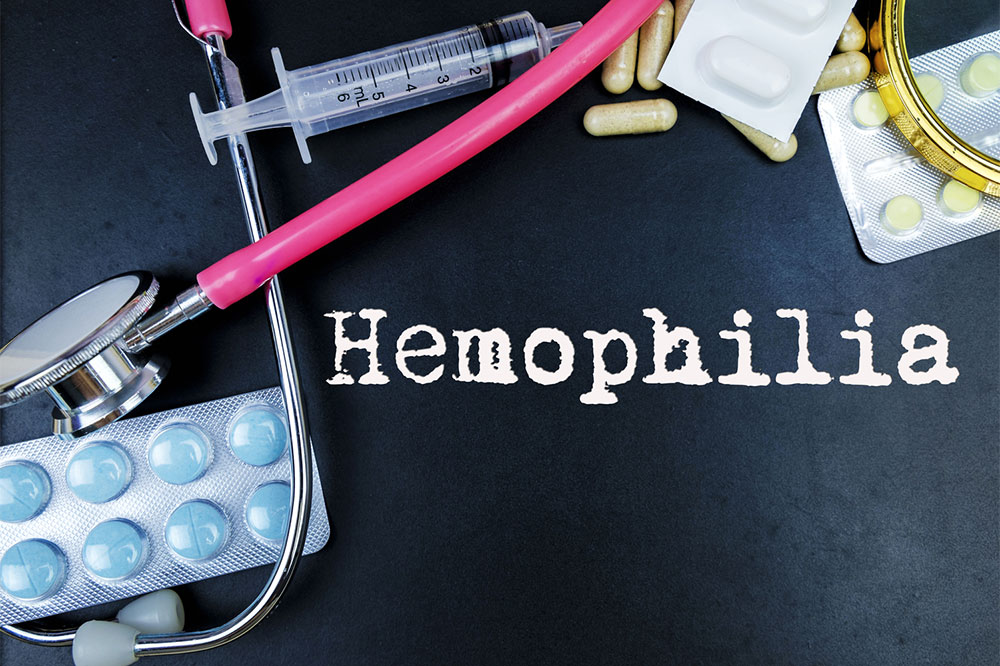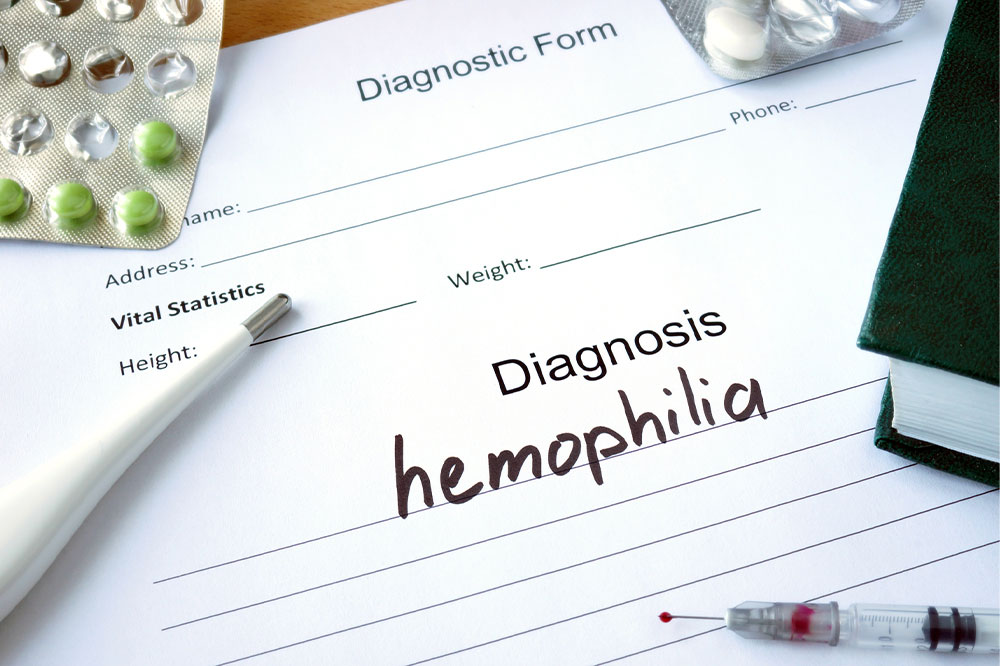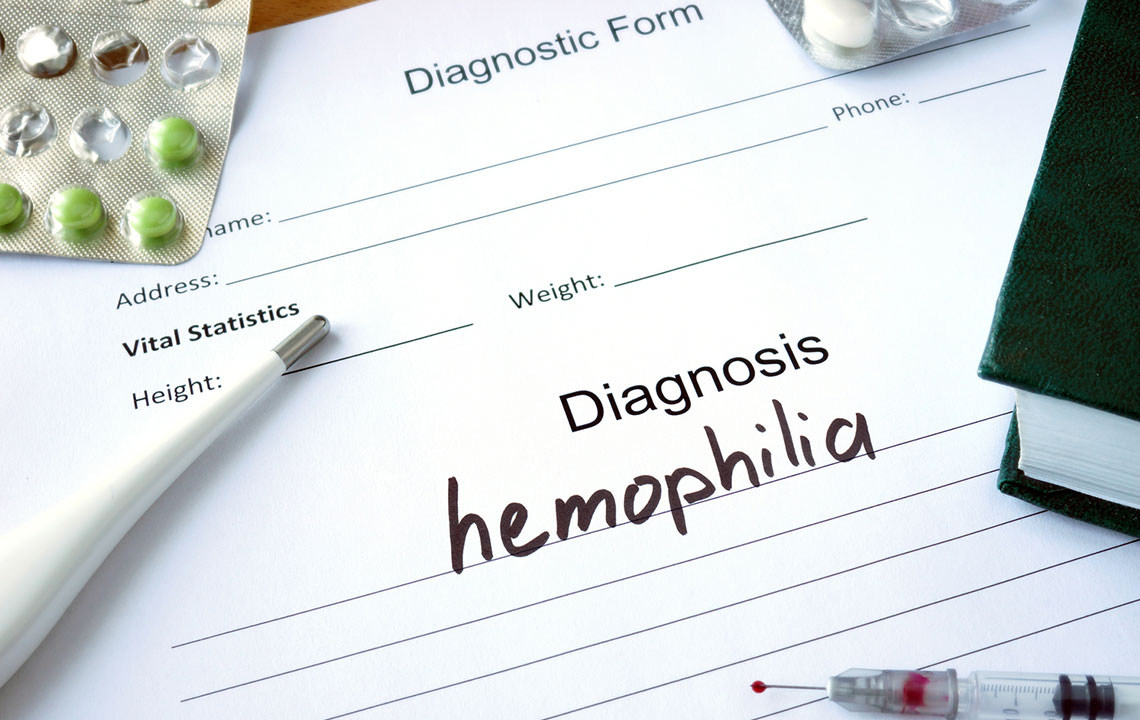Essential Strategies for Managing Hemophilia Effectively
This guide provides essential tips for managing hemophilia, including regular medical checkups, safe physical activity, child safety, dental care, and medication guidance. Following these strategies helps patients maintain a healthy lifestyle, prevent complications, and improve overall well-being.
Sponsored

Hemophilia is a genetic bleeding disorder that impairs the blood's ability to clot properly, leading to frequent and excessive bleeding episodes. Managing this condition requires diligent care from patients and caregivers alike. Implementing specific lifestyle practices can greatly improve quality of life and prevent complications. Below are five key tips for effective hemophilia management:
Maintain Regular Medical Checkups
Routine medical visits are vital to monitor the condition, prevent infections, and ensure timely treatment. Preventive vaccinations and screenings help avoid blood-borne illnesses and address potential issues early.
Stay Physically Active
Although contact sports should be avoided, engaging in moderate exercises like walking, swimming, or stretching helps maintain a healthy weight, supports joint health, and reduces the risk of internal bleeding due to immobility.
Ensure Child Safety
Active children may need additional safety measures to prevent falls and injuries. Home babyproofing and wearing protective gear such as helmets, knee pads, and elbow guards can significantly reduce injury risks.
Prioritize Dental Hygiene
Good oral care minimizes bleeding risks related to gums and teeth. Regular dental checkups and careful attention after procedures help prevent bleeding complications associated with dental issues.
Avoid Unsuitable Medications
Patients must steer clear of blood-thinning drugs like aspirin and ibuprofen. Always consult healthcare professionals before taking any medication, opting for safe alternatives like acetaminophen for pain relief.






